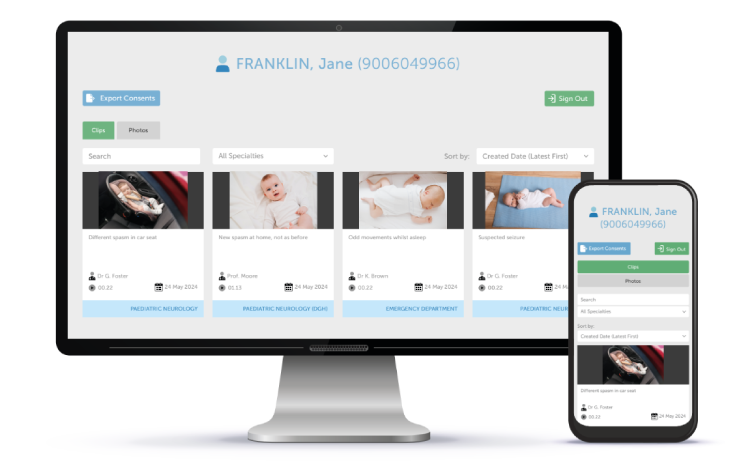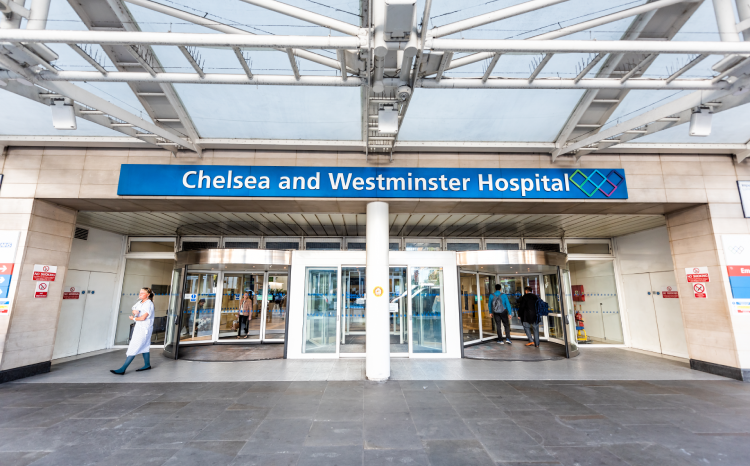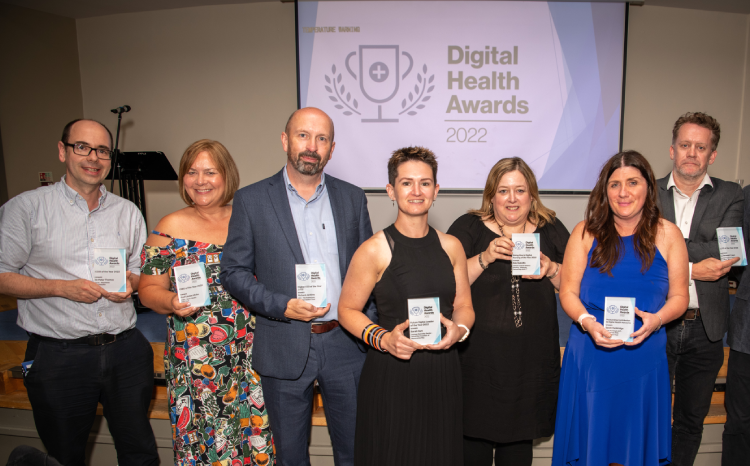Western Sussex rolls out kidney alerts
- 14 August 2014

An alerts system developed by Western Sussex Hospitals NHS Foundation Trust to identify patients at risk of acute kidney injury will be rolled out across the trust by the end of summer.
The alerts system has been developed with the support of vital signs system Patientrack, with the intention of reducing the number of patients who develop the condition.
Dr Lui Forni, the consultant renal physician leading the initiative at the trust, told EHI the project team developed an alerts algorithm as part of efforts to better understand the variables that determine a patient’s risk of developing an AKI.
Forni said the vital signs system captures relevant physiological data such as a patient’s respiratory rate, while also pulling information from other clinical and administration systems such as relevant demographic data and their blood chemistry results.
The trust’s algorithm then calculates a patient’s score, based on their risk factors, to identify patients who either already have an AKI or at risk of developing one within seven days.
The vital signs system will send a red alert to doctors’ mobile devices in real time for a patient who already has an AKI and needs to be treated.
Patients who are at risk of developing an AKI will be flagged with an amber alert, allowing doctors to carry out necessary actions to help prevent an injury such as reviewing their drug charts and ensuring sufficient fluid intake.
Forni, who is the chair of the AKI section of the European Society of Intensive Care Medicine, said the alerts could have a significant impact on AKI rates by identifying patients who are at risk and intervening before one occurs, rather than after the fact.
“You can think of it as the canary in the coalmine: when you’ve already got AKI, the canary is dead, but where you’re at risk, the canary is still singing so you can still intervene.
“If we can stop even 10% of patients from getting an AKI, that will have a significant impact.”
The trust received funding for the project after winning a Small Business Research Initiative competition run by the Department of Health to find innovations in kidney care.
Forni said the trust is currently testing the alerts on its servers, with plans to start collecting data and introduce the system towards the end of summer.
“We will be able to see in real time if things are working in the places they’re in, so we should be able to see the influence it’s having very quickly.”
Forni said the trust is focussing on ensuring the interoperability of the alerts system, with hopes that it can be adopted across the NHS if the go-live proves a success.
AKI affects as many as one in five emergency admission patients and has been estimated to cost the NHS up to £620m per year.




